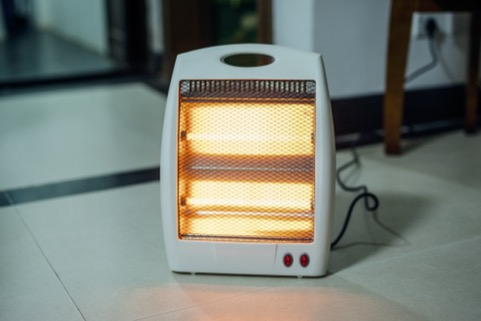Powering Up Your Decision: Portable Generator vs. Whole House Generator – Which is Right for You?

When the lights go out, it’s reassuring to have a backup plan in place. At Ryan Electric, we’re not only your trusted choice for electrical services, but we’re also here to help you make an informed decision about the right type of generator for your needs. As the Angie’s List “Best Contractor” in Kansas City and proud recipients of the Super Service Award, we know the importance of keeping your home powered up, and we’ll guide you through the options. In this blog, we’ll explore the pros and cons of portable generators and whole-house generators, along with crucial safety tips to keep you and your family safe during power outages.
Why Choose Ryan Electric?
Before we dive into the world of generators, let’s remind you why Ryan Electric is the right partner for your electrical needs:
- Professional, Licensed Electricians: Our team is composed of licensed electricians who are passionate about their work and dedicated to providing safe and reliable electrical services.
- Angie’s List “Best Contractor” Award: We’re honored to be recognized as the “Best Contractor” by Angie’s List, reflecting our commitment to delivering top-notch services that exceed your expectations.
- Super Service Award: Our consistent dedication to exceptional service has earned us the Super Service Award. We go the extra mile to ensure your satisfaction.
Now, let’s explore the options for keeping your home powered during outages.
Portable Generator vs. Whole House Generator – The Battle of Backup Power:
Portable Generator
Pros:
- Affordable: Portable generators are typically more budget-friendly than whole-house generators, making them an accessible option for many homeowners.
- Versatile: You can move a portable generator to where it’s needed most, whether it’s your home, a job site, or a camping trip.
- Ease of Use: They’re relatively simple to operate, with easy-to-understand controls.
Cons:
- Limited Capacity: Portable generators are smaller and have limited power output, so they may not support all your home’s appliances simultaneously.
- Manual Start: Most portable generators require manual startup, which means you need to be present to turn them on during an outage.
- Fuel Management: You’ll need to keep a supply of fuel on hand, which can be a hassle during extended outages.
Whole House Generator
Pros:
- Continuous Power: Whole house generators are powerful enough to support your entire home, ensuring uninterrupted comfort during outages.
- Automatic Start: They are typically equipped with automatic transfer switches, so they start up without manual intervention when the power goes out.
- Fuel Sources: Whole house generators can run on various fuel sources, including natural gas or propane, eliminating the need for manual refueling.
Cons:
- Higher Cost: Whole-house generators are a more significant investment due to their capacity and automation.
- Professional Installation: They require professional installation to ensure proper wiring and integration with your home’s electrical system.
Generator Safety Tips
Portable and Whole House Generators:
- Proper Ventilation: Always operate your generator outdoors in a well-ventilated area to prevent carbon monoxide buildup.
- Fuel Storage: Store fuel in approved containers in a cool, well-ventilated area away from living spaces.
- Regular Maintenance: Schedule regular maintenance checks for your generator, whether it’s portable or whole-house, to ensure it’s in proper working order.
Portable Generators:
- Extension Cords: Use heavy-duty extension cords designed for outdoor use to connect appliances to the generator. Keep cords away from walkways to prevent tripping hazards.
Whole House Generators:
- Professional Installation: Ensure your whole-house generator is professionally installed by licensed electricians to meet safety and code requirements.
- Automatic Transfer Switch: Invest in an automatic transfer switch to prevent back-feeding and protect utility workers during outages.
Choosing between a portable generator and a whole-house generator depends on your specific needs and budget. Both options can keep your home powered during outages, but each has its advantages and disadvantages. At Ryan Electric, we’re here to help you make the right choice and ensure your generator operates safely and efficiently. Whether you’re looking for affordable backup power or a comprehensive whole-house solution, we have you covered. Stay powered up and stay safe with Ryan Electric, your trusted partner for all your electrical needs.
